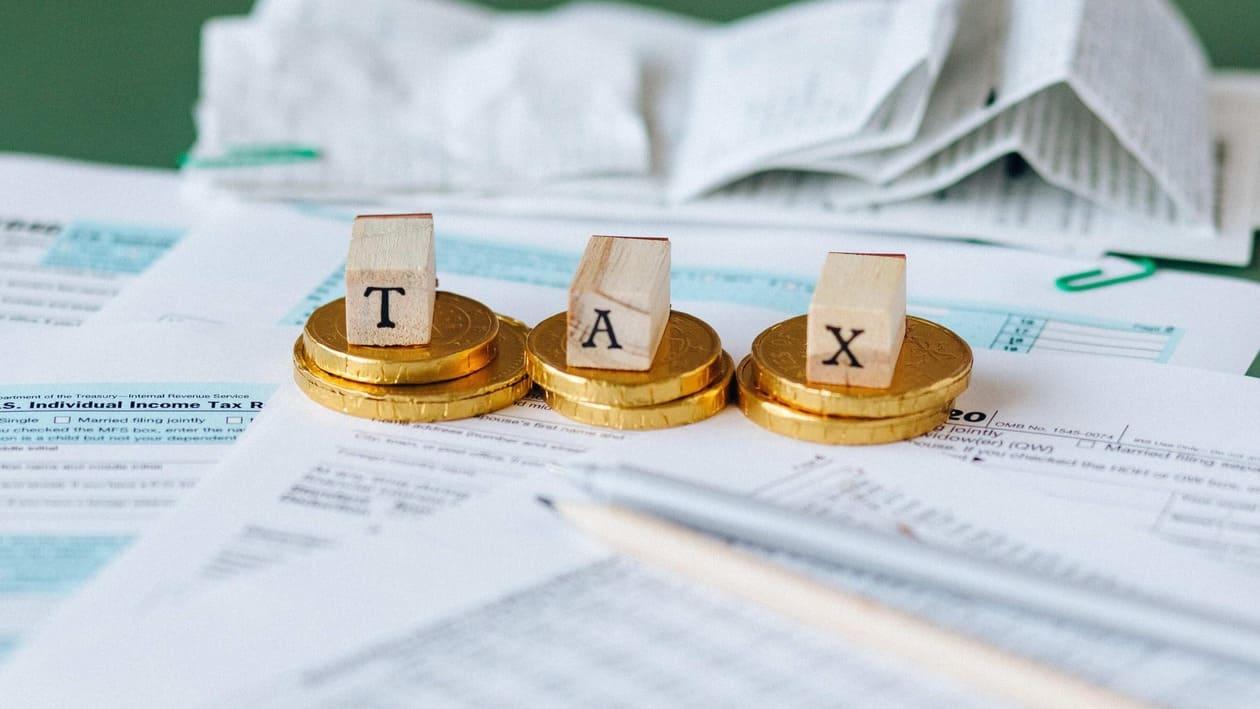Q1. I am a 25-year-old salaried individual and have started working since last one year. My CA has asked me to provide him with Form 26AS. What is Form 26AS?
Tax will be deducted from your income by the person or organisation who is providing you an income. Or you may pay tax as advance tax, after self-assessment of your income or after regular annual assessment when you file your return.
Form 26AS is an ‘Annual Information Statement’ maintained under Income-tax Rules. It discloses the details of tax already credited to a specific permanent account number (PAN) as per the database maintained by Income-tax Department.
For you, this tax credit will include TDS, advance tax, and self-assessment tax. If the actual tax amount after regular assessment is more than the amount shown in Form 26AS, you will need to pay the excess. If the actual tax is less than the tax credit shown in Form 26AS, you may claim a refund.
Q2. There is a difference between the actual TDS I have paid, and the TDS credit shown in Form 26AS. What should I do?
Whoever deducts tax at source from your income must convey the following details to the Income-tax Department to ensure that Form 26AS reflects the correct tax credit.
- Your correct and complete name
- Your PAN
- Amount of tax that has been deducted at source
- Amount paid to you after TDS
- Date of deduction
- Date the deducted tax has been paid to the government to the Government.
If any information is missing or incorrect, the correct Tax Deducted at Source will not reflect in your Form 26AS.
When there is such a discrepancy, please approach whoever is responsible for deducting tax and request them to rectify the error and provide the correct information to the Income-tax Department.
You should verify that the correct TDS appears on Form 26AS after the end of the financial year and well before the date when you need to file your return. That will give you sufficient time to reconcile the difference between TDS deducted and TDS credited.
Q3. I have been regularly investing in US stocks. If I sell the stocks, what would be the impact on taxation? Please note that I am an Indian resident.
Investments in the international markets and stocks (of the US or any other country) offers geographical diversity to investors. Over the long term, investments in attractive and scalable global companies can give great returns.
In your case, when you sell the stocks at a price higher than the purchase price, you are liable for capital gains tax. As a tax resident of India, you need to pay this tax.
Stocks not listed in India are treated as unlisted shares. Profit from selling these shares would be treated either as long-term capital gains or short-term capital gains, depending on how long you have held the shares.
Long-term capital gains
Investments in stocks for a period longer than 24 months are treated as long-term. Gains on selling these would be considered as long-term capital gains. Long-term capital gains tax is applicable at 20% (plus education cess and surcharge, where applicable). Indexation benefit (factoring in inflation to arrive at a more effective selling price and, thereby, more realistic capital gain) is available in case of long-term investments.
Short-term capital gains
If you hold a stock for less than 24 months, it is classified as a short-term investment. Any gain on selling this would be treated as short-term capital gain. This is added to the total income of an individual, and tax is levied at the applicable slab rate.
Q4. I have some investments in crypto currencies. I have also sold a portion of my investment. What will be the tax implication for me?
Crypto currencies are digital currencies. Like paper money, crypto can be used to buy goods and services. However, unlike conventional currencies, crypto operates without any intermediary like a bank or a regulatory authority.
Digital currencies like crypto and non-fungible tokens (NFT) are still not regulated in India. However, any income or gain arising out of such digital currency transactions is taxable.
The Union Budget 2022 specified that any income or gain arising out of the sale or transfer of virtual digital assets will be taxed at 30%. The only deduction allowed is the purchase cost without including any direct or indirect expenses incurred during or for the transaction.
For example, you invested ₹10 lakhs in crypto and sold it after 3 years for ₹20 lakhs, you will be liable to pay a tax of ₹3 lakhs on the gain of ₹10 lakhs.
Please note that if you incur a loss from the sale of a digital asset, you cannot set it off against any other income, nor can you carry the loss forward.
With effect from July 1, 2022, cryptocurrency transactions are liable for 1% tax deducted at source (TDS). This TDS can be claimed as a refund when there is a loss. This TDS is payable when the total transaction value in a financial year exceeds ₹50,000 (in the case of specified persons like individuals, and Hindu Undivided Families) or ₹10,000 (in the case of others like companies).
International Money Matters Pvt Ltd is a 20-year-old SEBI registered financial planning-cum-investment advisory boutique. Please click here to find out more.
